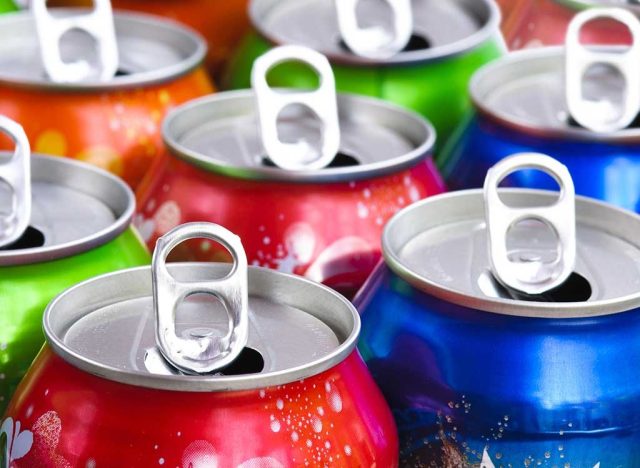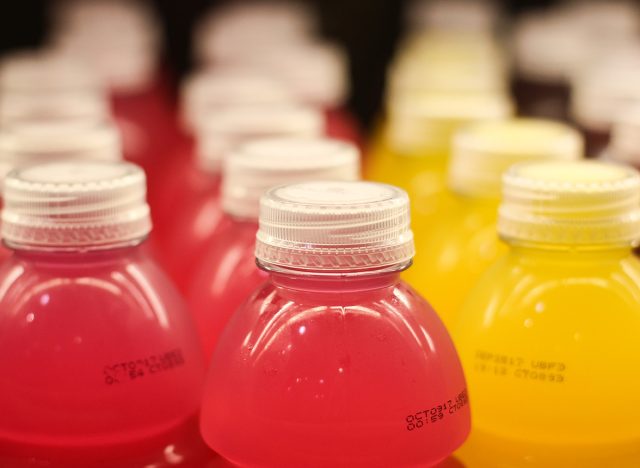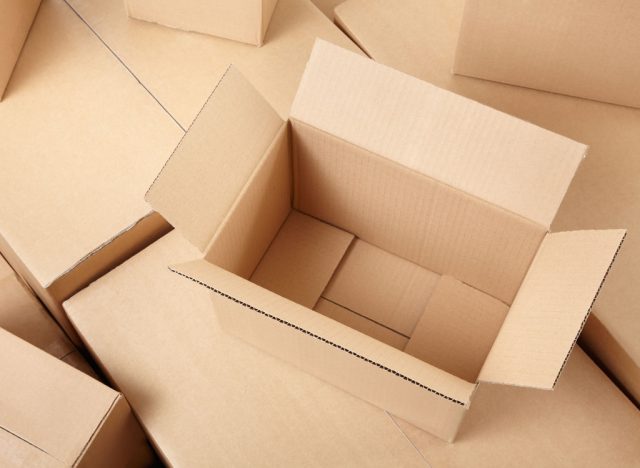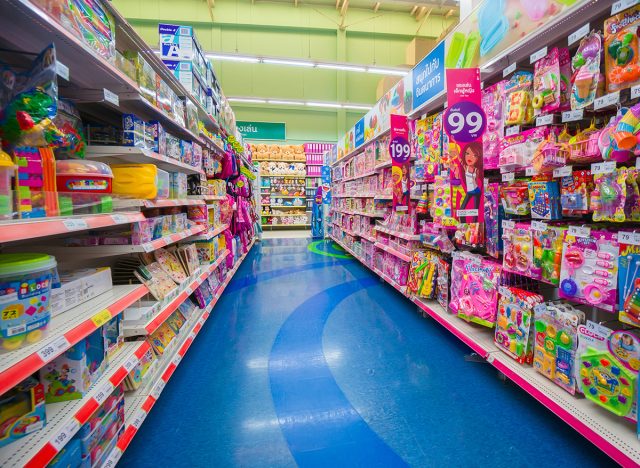7 Surprising Items Getting Hit With Huge Tariffs This Month

The tariff war between China and the United States, and even the lower tariffs levied at other countries around the world, may impact U.S. shoppers more than many people realize. Aside from food and grocery items, the U.S. imports a large variety of everyday items like paper and plastic from foreign nations, and any disruption to that supply chain could have far-reaching consequences for certain American businesses, both large and independent. So which items are at risk of facing severe price hikes? Here are seven everyday products you might not expect to get pricier, thanks to tariffs. Editor's Note: On April 12, the U.S. government announced exemptions for electronics including smartphones, laptops, and tablets. These items are still affected by other tariffs, but avoided the harshest new fees.
Aluminum Cans

Crucial for beverage packaging, a large number of aluminum cans are imported into the U.S. every year. "Thanks to robust domestic demand and coming investment, the U.S. aluminum industry needs a steady and predictable supply of primary, secondary and scrap aluminum," says the Aluminum Association. "Today, much of that metal comes from North American trading partners, especially Canada. The U.S. industry sources around 2/3 of the primary aluminum it uses every year from Canada, since all U.S.-based smelters, even running at full capacity, cannot produce nearly enough metal to meet demand."
Plastic Bottles

According to OEC World, the U.S. imported $79.6B in plastics from China in 2024. The steep tariffs levied against China could cause a trick-down effect on bottled water produced in the U.S., as well as other plastic products such as disposable plates and containers designed for restaurants.
Cardboard Packaging

China is a major supplier of cardboard packaging to the U.S., $3.08 billion during 2024 alone. This means paperboard and pulp could become significantly more expensive to buy, not to mention comics and books. "We haven't seen any impacts yet," Winston Maddox, co-owner of Tucson, Arizona-based bookstore Gospel Supplies tells KGUN9. "But I think tariffs are going to impact items that we sell that are printed in these countries, like China or Canada or wherever, where there haven't been big tariffs before."
Children's Toys

It might be wise to start the holiday shopping early this year, as 80% of toys in the U.S. are made and exported by China. "That means 80% of the toys will be twice as expensive this Christmas as they were last Christmas," Basic Fun! CEO Jay Foreman tells PEOPLE. "There likely … will be a shortage of toys this Christmas. I mean, even a short-term disruption will upset the flow of goods — but we still have time." Foreman says the company has halted orders of Carebears and Tonka Trucks as a result of the tariffs.
Smartphones

U.S. smartphones are overwhelmingly manufactured in China. Although the latest round of 125% tariffs has spared smartphones, they still face other fees—like a 20% fentanyl-related tariff. This means some price pressure may persist, though the feared triple-digit jump was avoided.
Laptops and Tablets

Laptops and tablets were included in the list of products exempted from the newest 125% "reciprocal" tariff. However, they're still subject to earlier tariffs, and future national security-related reviews may affect semiconductors and components inside these devices.
Footwear

The U.S sources a huge amount of footwear from Asia, mostly China, but also Cambodia, Vietnam, and Indonesia. "This policy continues to subject U.S. imports of our industry's largest trading partner to an unsustainable tax," says the American Apparel & Footwear Association. "If left in place, this extreme tariff on U.S. imports from China, which is in addition to President Trump's Section 301 tariffs, will lead to higher prices for everyday apparel, footwear, and accessories and higher costs for U.S. manufacturers who rely on materials and items they can only source from China."









